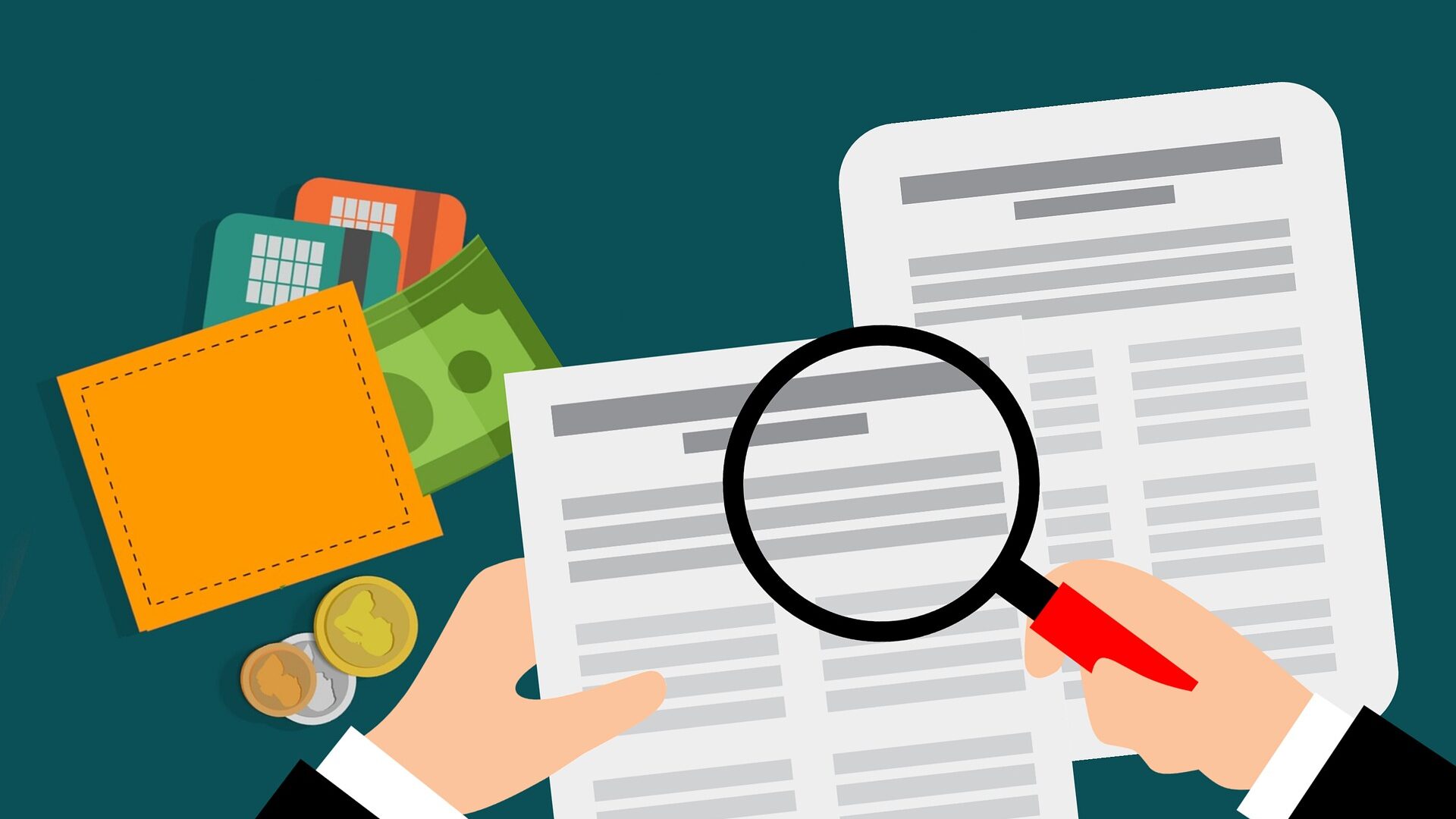Living a stress-free and satisfying life requires having a sound financial plan and managing your emergency reserves. While pursuing long-term financial security and personal objectives, careful financial planning guarantees that you are ready for unforeseen circumstances. The main procedures for handling emergency funds and budgeting for a higher standard of living will be covered in this tutorial.

The Significance of Emergency Funds and Financial Planning
- Reduces Stress: (Knowing you have funds for emergencies prevents financial anxiety.)
- Prevents Debt Accumulation: (Avoids reliance on credit cards or loans during crises.)
- Supports Long-Term Goals: (Ensures you can invest in your future while maintaining financial security.)
- Improves Quality of Life: (Provides the flexibility to enjoy experiences without financial worry.)
- Prepares for the Unexpected: (Job loss, medical emergencies, or unexpected expenses won’t derail your financial stability.)
How to Manage Emergency Funds
1. Determine the Right Amount for Your Emergency Fund
- Try to save enough money for three to six months’ worth of living costs.
- If your income fluctuates or you have dependents, think about setting aside enough money to cover a year’s worth of costs.
- If you have to start small, $500 to $1,000 is a reasonable starting point.
2. Choose the Right Place to Store Your Emergency Fund
- Avoid allocating emergency funds to equities or other risky investments because of the possibility of volatility; instead, keep them in a high-yield savings account for convenient access and interest growth.
- To prevent unintentional spending, think about opening a second account.
3. Build Your Emergency Fund Gradually
- Establish recurring deposits into your emergency fund.
- Set aside a minimum of 10–20% of your income for emergency funds.
- Reduce wasteful spending and divert funds to the fund.
4. Use Your Emergency Fund Wisely
- Use it only for actual emergencies, such as sudden household expenses, auto repairs, medical bills, or job loss.
- To preserve financial stability, replenish the fund after utilizing it.
- Refrain from spending emergency funds on non-essential purchases, shopping, or trips.
Financial Planning for a Good Life
1. Set Clear Financial Goals
- Define short-term goals (vacations, paying off debt), medium-term goals (buying a home, career development), and long-term goals (retirement, wealth building).
- Align financial decisions with your lifestyle aspirations.
2. Create and Stick to a Budget
- Apply the 50/30/20 rule: 20% should go toward debt reduction and savings, 30% toward wants, and 50% toward needs.
- To maintain financial stability, track and modify spending on a regular basis.
- To maintain organization, use tools or apps for budgeting.
3. Invest Wisely for Long-Term Security
- Make contributions to retirement accounts such as IRAs, Roth IRAs, or 401(k)s.
- Spread out your investments among mutual funds, equities, bonds, and real estate.
- Steer clear of high-risk investments if you lack the necessary information and investigation.
4. Minimize and Manage Debt
- Paying off high-interest debt should be your top priority.
- Apply the Debt Avalanche approach (highest interest first) or the Debt Snowball method (smallest debts first).
- Avoid taking out needless loans and using credit cards excessively.
5. Have Adequate Insurance Coverage
- Insurance for health, life, disability, and property safeguards your financial security.
- Verify that the coverage fits your demands and way of life.
6. Continuously Review and Adjust Your Financial Plan
- Evaluate financial goal progress every year.
- Modify your strategy in response to shifts in your income, spending, or situation.
- Keep up with the latest financial trends and tactics to improve your money management.
How Financial Planning Enhances Your Life
- Provides Financial Freedom: (Enables a comfortable and stress-free lifestyle.)
- Reduces Financial Stress: (Ensures stability even during tough times.)
- Supports a Healthy Work-Life Balance: (Allows for vacations, hobbies, and personal time.)
- Encourages Smart Spending: (Promotes mindful financial decisions.)
- Prepares You for Retirement: (Helps build long-term wealth for a secure future.)
